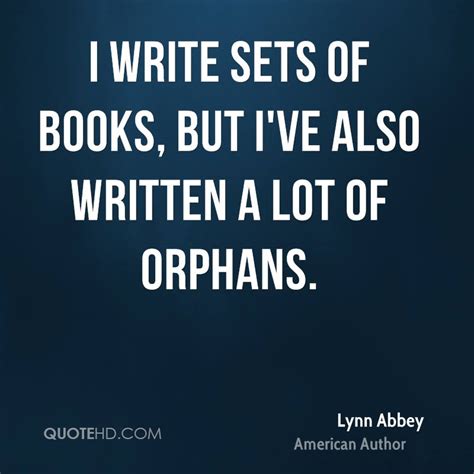A Quote by Lev Grossman
I'm a fantasy writer. I don't do SF. This is important to me. If you're not clear on what genre you're in, everything gets muddled, and it's hard to know which rules you're breaking.
Related Quotes
There's a long-standing (50 year old) flame war within the field over whether it's "sci-fi" or "SF".SF has traditionally been looked down on by the literary establishment because, to be honest, much early SF was execrably badly written - but these days the significance of the pigeon hole is fading; we have serious mainstream authors writing stuff that is I-can't-believe-it's-not-SF, and SF authors breaking into the mainstream. If you view them as tags that point to shelves in bricks-and-mortar bookshops, how long are these genre categories going to survive in the age of the internet?
Poetry restores language by breaking it, and I think that much contemporary writing restores fantasy, as a genre of writing in contrast to a genre of commodity or a section in a bookstore, by breaking it. Michael Moorcock revived fantasy by prying it loose from morality; writers like Jeff VanderMeer, Stepan Chapman, Lucius Shepard, Jeffrey Ford, Nathan Ballingrud are doing the same by prying fantasy away from pedestrian writing, with more vibrant and daring styles, more reflective thinking, and a more widely broadcast spectrum of themes.
The SF genre, of course, is really an organically evolved, marketplace-determined, idiosyncratic grab bag of themes and signifiers and characters and icons and gadgets, some of which hew to the realistic parameters and paradigms embraced by science, others of which partake more of fantasy and magic.
I really wish that peoplewould just say, 'Yes, it's a comic. Yes, this is fantasy. Yes, this is Science Fiction,' and defend the genre instead of saying, 'Horror is a bit passe so this is Dark Fantasy,' and that' s playing someone else's game. So that's why I say I'm a fantasy writer and to hell with 'It doesn't read like what I think of as a fantasy'. In that case what you think of as a fantasy is not a fantasy. Or there is more to it than you think.



































